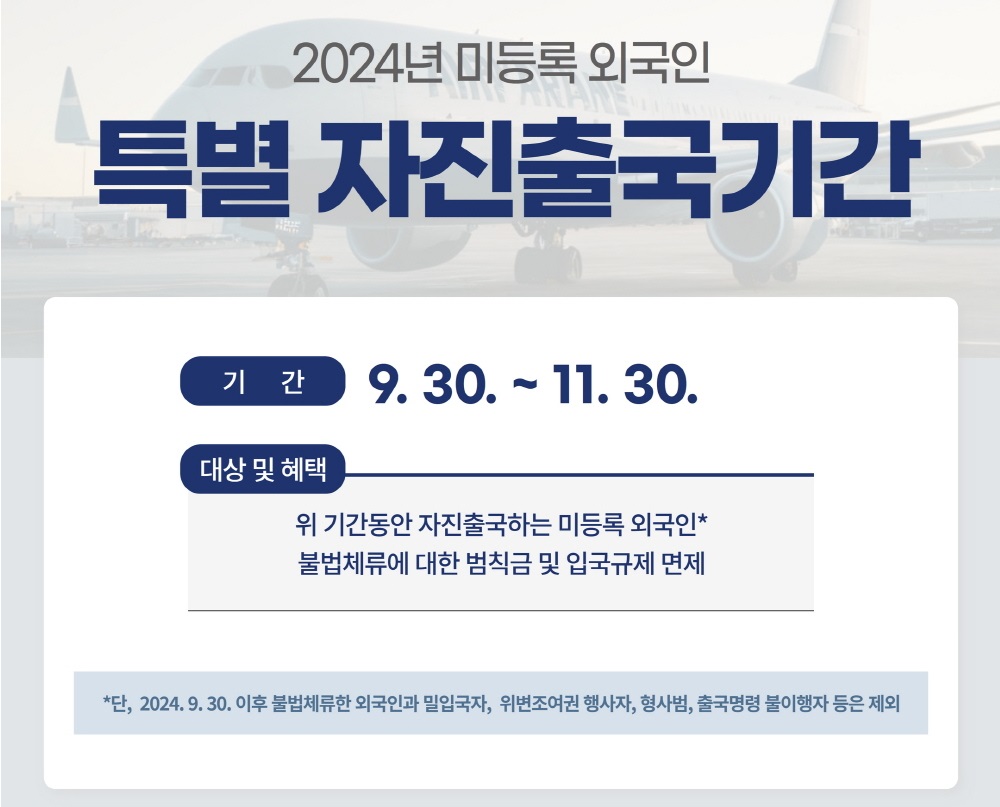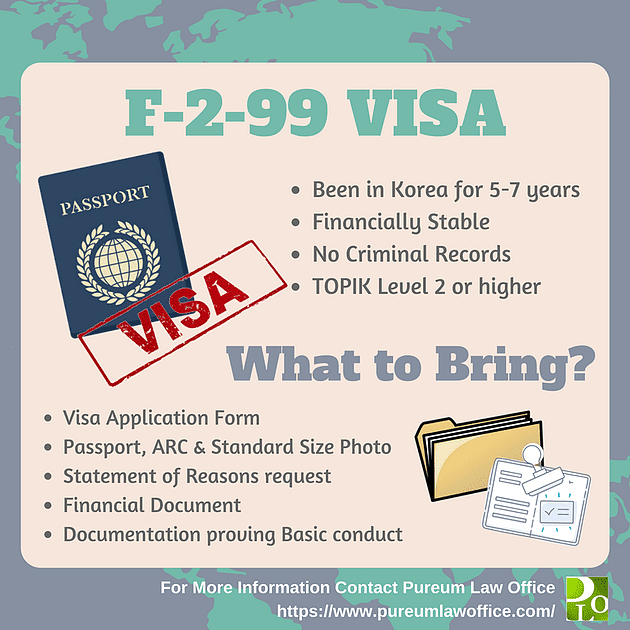Latest information on Special Renunciation of Korean Citizenship

Pureum Law Office (PLO) has received numerous inquires from overseas Koreans on the latest news regarding Special Renunciation of Korean Nationality. This post focuses on related changes that go into effect from October 1st, 2022.
1. Relaxation of application requirements
South Korea’s Ministry of Justice (MOJ) on April 26th, 2021 released legislative guidelines for the special renunciation of Korean Nationality, including:
⦁ Where a person has a primary domicile in a foreign country without birth registration under Article 44 of the Act on Registration of Family Relations within three months of the year he registered into preliminary military service.
⦁ Where the person has never entered the Republic of Korea (ROK) after having been born in a foreign country, and his primary domicile is in a foreign country.
⦁ Where it is impractical to hold the person accountable for failure to file a report within a specified period due to any cause similar to subparagraph 1 or 2, in light of the surrounding social circumstances.
However, the MOJ on January 28th, 2022 released the following revisions:
⦁ Where a person shall be born in a foreign country and have a domicile in a foreign country.
⦁ Where the primary domicile shall be in a foreign country continuously after the person is born.
⦁ Where the person shall not have enjoyed the rights that only citizens of the Republic of Korea may enjoy for a considerable period.
⦁ Where the person shall not have renounced his Korean nationality within three months from the time he is registered to the preliminary military service pursuant to the proviso of Article 14 (1) on justifiable grounds, which makes it unable to hold the person accountable according to current social circumstances.
⦁ Where the failure to renounce his Korean nationality shall significantly restrict his choice of occupation abroad or cause any equivalent serious disadvantage to him.
Under the previous standards:
⦁ Where one’s birth was reported by March 31 of the year in which they turned 18; or
⦁ Where that person entered the Republic of Korea (ROK) and he was disallowed to apply for renunciation of South Korean nationality.
However, according to the altered standards, the requirements were eased to include if that person was born in a foreign country, has an address in a foreign country, and has a primary domicile in a foreign country, even if he registered his birth and entered the ROK.
2. Application for Special Renunciation of Korean Citizenship
|
Application |
|
Decision on whether to deliberate |
|
Deliberation |
|
Permit/Non-permission |
|
Staying abroad |
▶ |
Examine Formal Requirements |
▶ |
Examine substantive Requirements |
▶ |
Loss of Nationality at the time of Permission |
|
(Diplomatic Offices overseas) |
|
(Nationality Dept.) |
|
(Nationality Deliberation Committee) |
|
(Applicant) |
⦁ An application for the special renunciation must be made at an overseas diplomatic office while the claimant is abroad.
⦁ The respective overseas diplomatic office shall, upon application of the special renunciation, send documents to the Nationality Division of the Korean Immigration Office to examine formal requirements.
The review of formal requirements is a review of the following:
1) A person born in a foreign country and has a domicile in a foreign country; and
2) The primary domicile shall be in a foreign country continuously after the person was born.
When it is judged that the application has passed the formal requirements, the Nationality Deliberation Committee examines the substantive requirements. The review of substantive requirements is a review of the following:
⦁ A person shall not have enjoyed the rights that only citizens of the Republic of Korea may enjoy for a considerable period.
⦁ The person shall not have renounced his Korean nationality within three months from the time he is registered to the preliminary military service pursuant to the proviso of Article 14 (1) on justifiable grounds, which makes the person unable to be held accountable according to the following social circumstances.
⦁ The failure to renounce his Korean nationality shall significantly restrict his choice of occupation abroad or cause any equivalent serious disadvantage to him.
If the application passes the examination of the substantive requirements, the MOJ will decide whether or not to grant special renunciation of Korean Nationality, and if granted, then the claimant can renounce their South Korean nationality.
3. Overview
The special renunciation of Korean Nationality will be finalized in September 2022 after a plenary session of South Korea’s National Assembly. There is a possibility that some of the requirements and procedures may be changed before that, but it is very likely that the above requirements and procedures will be set as they are.
If there are any changes, we will update our website with a separate article.
In order to determine whether you have satisfied the requirements for the special renunciation of Korean Nationality, please click on the link below and answer the questions.
If you have any other questions, please email us anytime.
PLO will also answer questions on whether or not you satisfy the requirements for renunciation under the special nationality renunciation permit system as per the amended Nationality Act that will be enforced from October 1, 2022. If interested, please click the link below.
Special Renunciation of Korean Nationality (예외적 국적이탈 허가)
Please see our other blog posts for more useful tips and articles on dual citizenship in South Korea and much more.
*** Revised immigration bill(Special Renunciation of Korean Nationality) passed National Assembly on 1st September 2022. For more information, please click here.




